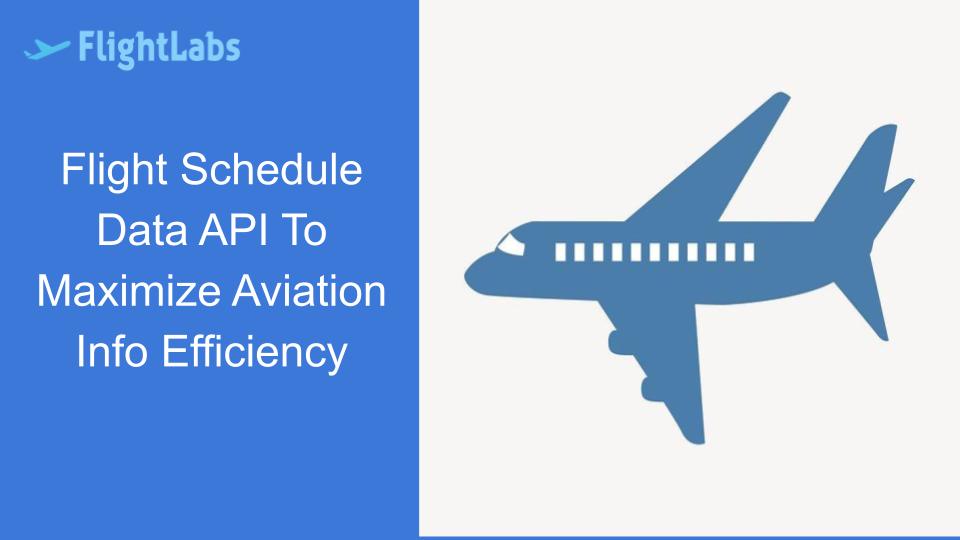Flight Schedule Data API To Maximize Aviation Info Efficiency

The importance of flight schedule data in modern aviation cannot be overstated. It forms the backbone of aviation information management, orchestrating the intricate ballet of flights worldwide. The evolution of this field has seen a shift from manual processes to sophisticated digital systems, revolutionizing how airlines operate and ensuring seamless travel experiences for passengers.
Flight Status APIs serve as a gateway to a vast repository of flight-related data, providing developers with access to real-time information such as departure and arrival times, delays, gate changes, and even cancellations. These APIs are designed to streamline the process of retrieving flight details, enabling developers to incorporate this data into their websites, mobile apps, or backend systems effortlessly.
Benefits of Flight Schedule Data APIs
The benefits of Flight Schedule Data APIs are multifaceted. They provide real-time access to updated flight information, ensuring accuracy and reliability in decision-making for airlines. This leads to enhanced operational efficiency and significant cost savings. Flight Schedule Data APIs streamline processes, optimize resource allocation, and improve overall flight management, making them indispensable tools in the aviation industry.

Implementing FlightLabs involves several key considerations.
Firstly, Integration and Deployment must be seamless, ensuring compatibility with aircraft APIs and Airline APIs.
API Integration with existing systems like Airport APIs and Aviation APIs requires careful planning for data security and privacy measures.
Comprehensive API Documentation and ongoing support are essential for successful implementation and utilization of Flight Schedule Data APIs.
Key Features of FlightLabs
The key features of FlightLabs offers comprehensive flight data coverage with a global reach encompassing airlines and airports worldwide. These APIs integrate seamlessly with multiple data sources, providing robust information for decision-making. They also offer customizable and scalable solutions, adapting to diverse business needs in the aviation industry.
Case Studies and Success Stories
Case Studies and Success Stories in the aviation industry showcase airlines leveraging FlightLabs for optimized operations. Travel agencies and booking platforms benefit from real-time flight data integration, enhancing customer experiences. These innovations in aviation technology, driven by APIs, revolutionize flight tracking and booking processes, ensuring efficiency and reliability in air travel.

Future Trends and Innovations
The future trends in FlightLabs are marked by rapid advancements, especially in AI and machine learning. These technologies are reshaping aviation information management by enabling real-time analysis and predictive modeling. Integration with emerging technologies like blockchain and Internet of Things (IoT) further enhances data security and interoperability across aviation systems, paving the way for innovative solutions and smarter air travel experiences.
Conclusion
In conclusion, the benefits and applications of FlightLabs is immense. They provide real-time access to updated flight information, ensuring accuracy and reliability for airlines and travel agencies. Looking ahead, APIs will play a crucial role in shaping aviation information efficiency, driving innovation and enhancing the travel experience for passengers and industry stakeholders.